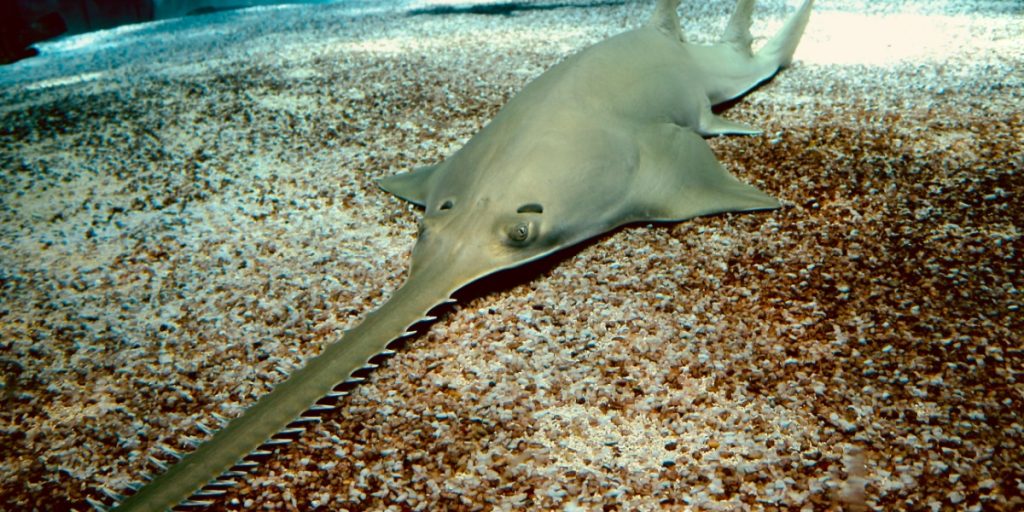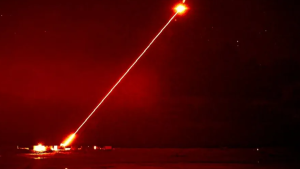While Western countries investigate, a Russian official suggests an unlikely culprit.
Others are reading now
Andrei Kartapolov, head of the Russian State Duma Defense Committee, has claimed that fish—specifically a sawfish—may be responsible for damaging two critical undersea cables in the Baltic Sea.
His comments on Telegram came in response to questions about Russia’s potential involvement in the incidents.
The Russian Foreign Ministry also dismissed allegations of sabotage, stating that critics should stop attributing every mishap to “Moscow’s hand.”
Spokesperson Maria Zakharova referenced Western media claims that Russia may have used a Chinese-flagged vessel for sabotage, while accusing NATO and EU countries of prioritizing support for Ukraine over investments in their scientific and technical infrastructure.
Also read
“Then they will be able to avoid many problems,” she added to Interfax.
What Happened?
On November 18, the C-Lion1 cable connecting Finland and Germany was damaged near the Nord Stream gas pipeline. A day earlier, a communication cable between Lithuania and Sweden was severed.
Both incidents occurred in the same small area of the Baltic Sea, leading experts to believe the damage was deliberate.
“This was not an accidental dropping of an anchor from one ship. It may be something more serious,” said Andrius Šemeškevičius, technical director of Lithuania’s Telia.
German Defense Minister Boris Pistorius echoed this view, calling for investigators to assume sabotage until proven otherwise.
Suspicious Vessel Under Investigation
The Chinese cargo ship Yi Peng 3 is currently under suspicion for its potential involvement in the incidents.
According to Reuters, the ship left the Russian port of Ust-Luga for Egypt on November 15 and was near the affected area when the cables were damaged. Danish military authorities noted irregularities in the ship’s route and detained it for inspection.
The ship’s captain, identified as Russian citizen Alexander Stechentsev, claimed he only piloted the vessel briefly after its departure from Ust-Luga and was not part of the Chinese crew.
Further complicating the investigation, Erik Kannike, a representative of Estonian defense company SensusQ, noted that personnel from Albatross LLC—a company linked to Rosatom’s Hydrographic Company—had been aboard the vessel.
According to Ukrainian intelligence, Rosatom’s Hydrographic Company is involved in “studying the underwater terrain” in strategic areas, including the North Sea.
Sweden is leading an investigation into the incident, with assistance from Finland, Lithuania, Germany, and other nations. The Yi Peng 3 is a key focus of the inquiry.
Meanwhile, U.S. officials have raised concerns over increased Russian military activity near vital underwater infrastructure. They allege that Russia’s Defense Ministry is preparing specialized units for sabotage operations targeting NATO’s communications networks.








